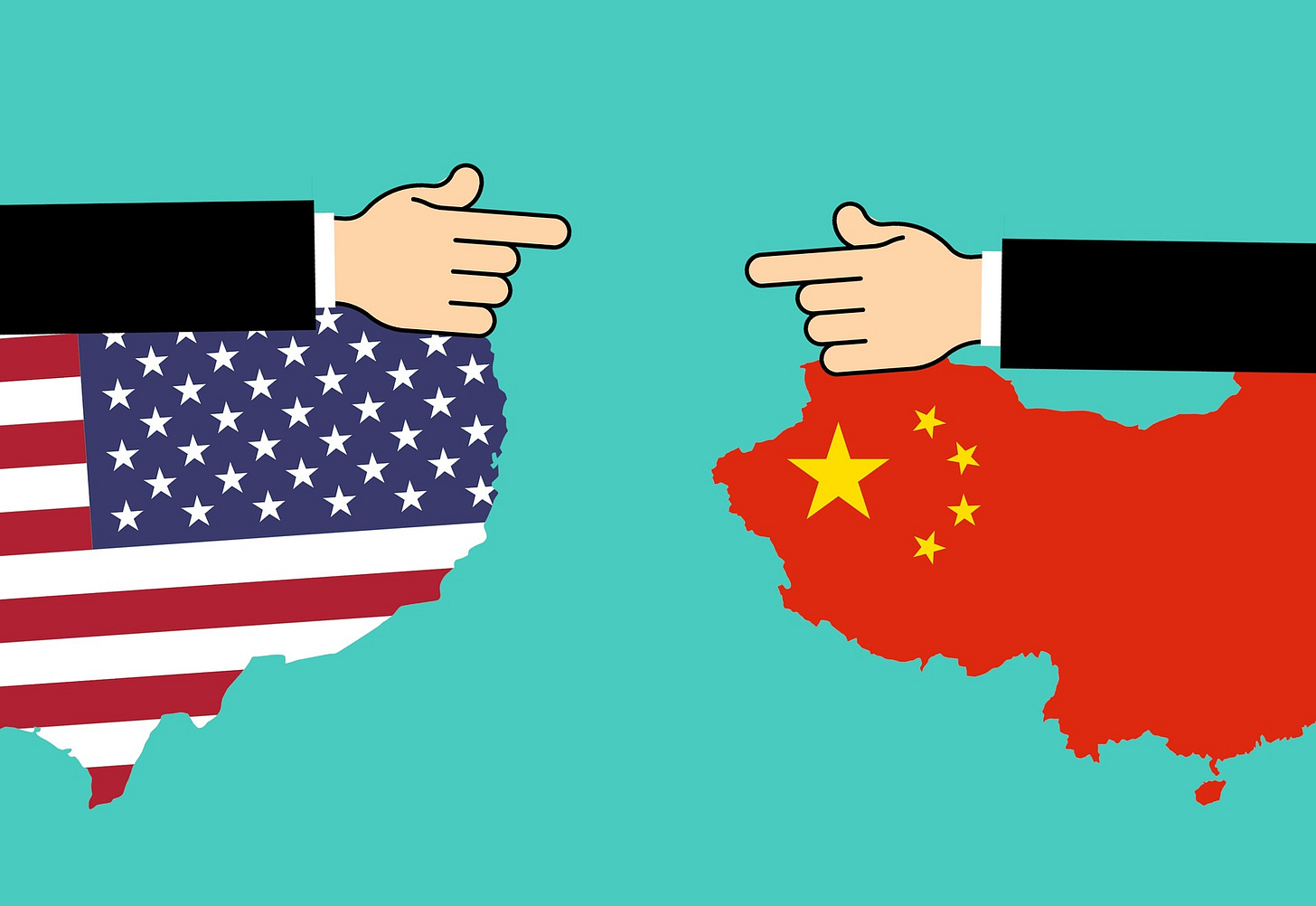Tentative Research Plan re: Market-Preserving Federalism in the US and China
I welcome any and all feedback so that I can write the most incisive paper possible.

As Dartmouth’s ridiculously short quarter approaches its end (it’s already week 7 of 10!), I have been contemplating what I will research for my final paper in Econ 15: The Political Economy of China. What follows is my very rough outline of where I think I’m going to investigate. I welcome all suggestions, source recommendations, and constructive criticism. Seriously. Please email me: nicastroj.23@dartmouth.edu.
The United States is seen, perhaps, as the nation par excellence for practicing free-market economics while China is increasingly viewed as an anti-capitalist/state-capitalist country. While this argument is historically well-founded, trends in the US and China in the 20th century to present-day suggest the former is eroding market-preserving federalism while the latter, despite official party rhetoric and resulting optics to the contrary, is strengthening such federalism.
Here I will define and explain what market-preserving federalism actually is, what is key features are, and why its crucial for a price system and a market economy to function optimally. My preliminary sources include Boettke, Hayek, Kornai, and Tullock.
Discussion of Mao-era, Deng-era, and contemporary Chinese political economy. This will be broken down into three sub-sections and will leverage work done by economists whose work my class has interrogated. Namely, Xu, Gan, and Ang.
Discussion of Wilson, FDR, LBJ, Reagan and the Washington Consensus of Clinton, Bush, and Obama. I will the contrast the neoliberal Washington Consensus with rising populism under Trump and Biden coupled with technocracy and soft-budget constraints reminiscent of Wilson, FDR, and LBJ. Sources: unknown, at present.
Next, I will compare the two countries historically, presently, and draw predictions about the trajectories of each. I will include here a conversation about COVID-19 policies, industrial policy, and state-intervention in both economies (commanded and executed at various levels). This part of my paper will have six sub-sections, at least…
Conclude, depending on where the evidence leads me, whether we ought to be more concerned about American market-preserving federalism and evaluate if we ought to be less (or more!) bearish on the path of the People’s Republic of China.



